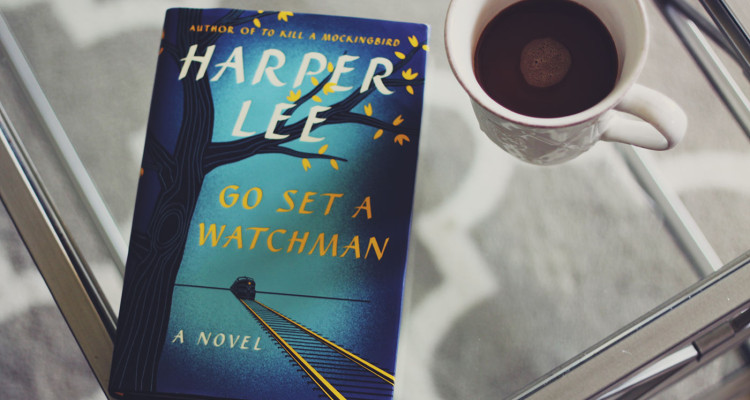The hottest news in the literary world is the July 14 release of Harper Lee’s book Go Set a Watchman. As someone who devoured To Kill a Mockingbird in eighth grade and reread it several times since then, I was thrilled to find out there’d be a sequel, or at least another story with our beloved characters.
But now comes the revelation that in Watchman, the aging Atticus Finch has become a bigot, consorting with segregationists, and making comments that do not seem to fit the man who once uttered the great maxim of tolerance: “You never really understand a person until you consider things from his point of view . . . until you climb into his skin and walk around in it.”
For many of us, Atticus Finch is a hero. When I first graduated law school and applied for my job at the Legal Aid Society, I was asked what made me want to be a public defender. I answered something along the lines of “It’s what I’ve always wanted to do. It’s an Atticus Finch kind of thing.” My interviewer needed no further explanation. He got it. Finch was the pillar of virtue, a lawyer of integrity, and the dad everyone wanted to have.
So now, all of us who revered the character, maybe even modeled our careers after him, must now contend with the fact that at best, Finch is a deeply flawed man, who may harbor deep-seated feelings that perhaps he is unaware of, and at worst, he’s an outright racist.
Many will ask “Why?” Why would Harper Lee take such a beloved character and dismantle it?
While there has been wild speculation about whether Lee has even sanctioned the release of this book, what may be even more interesting is that Go Set a Watchman was written before the classic Mockingbird. Lee’s editor told her that Watchman’s flashback scenes were so captivating she should write a story from the character Scout’s perspective as a child. Lee reworked the novel as Mockingbird, and Watchman sat quietly in her archives for nearly 60 years until the manuscript was discovered last year by her friend and attorney, Tonja B. Carter.
So the irony is, we might never have even met the beloved younger Finch at all if the cantankerous older one hadn’t first been created.
It remains to be seen how Mockingbird’s fans are going to take to the elder Finch. I look forward to reading this new book, but I’m hanging on to the hope that the character undergoes an epiphany toward the end that magically reverts him back to the icon of honor we all grew up with.



[…] upon an Audible free trial of none other than Go Set a Watchman, which I’ve written about in a prior post on coming to terms with the truth about Atticus Finch. I’d mentioned I was hesitant to have my concept of this beloved character shattered with the […]
[…] upon an Audible free trial of none other than Go Set a Watchman, which I’ve written about in a prior post on coming to terms with the truth about Atticus Finch. I’d mentioned I was hesitant to have my concept of this beloved character shattered with the […]